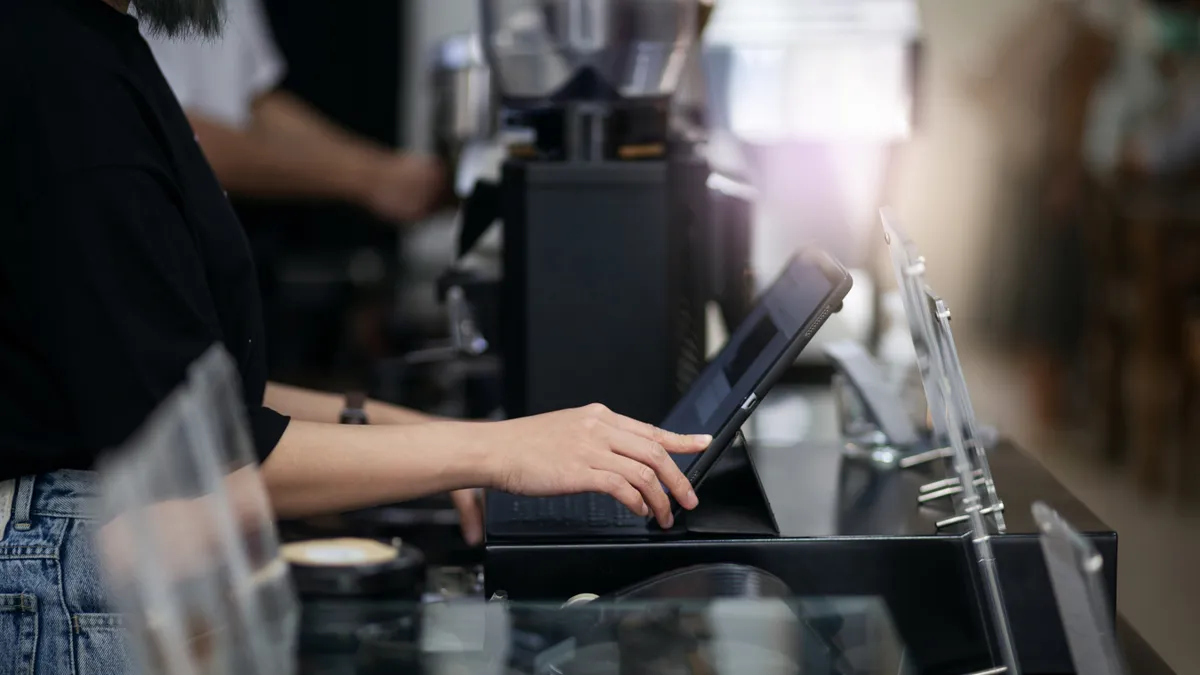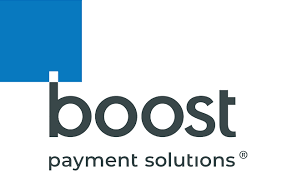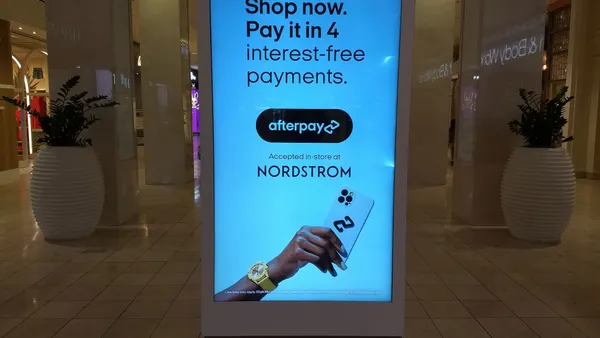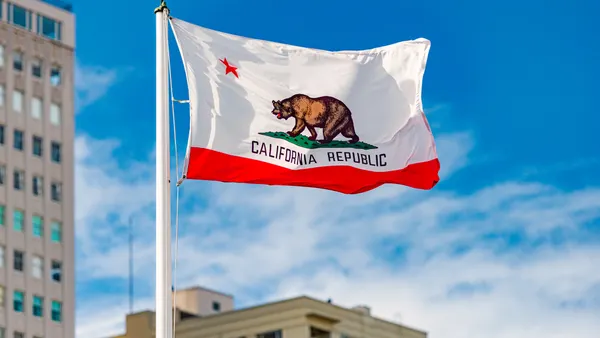Dive Brief:
- Struggling businesses are still heavy users or credit cards, and are twice as likely to fail to pay their monthly balance in full compared to more financially stable businesses, according to a Dec. 3 press release on the results of a small business survey from market research firm J.D. Power.
- The survey found that 61% of small businesses that are considered financially unhealthy carry a revolving credit card balance, and 63% use their cards for operating expenses. Of those small businesses considered financially healthy, 31% carry revolving debt and 71% use their credit cards for operating expenses.
- "Business credit cards have been a lifeline, but the buildup of revolving debt they are accumulating should raise some concerns," said John Cabell, managing director of payments intelligence at J.D. Power.
Dive Insight:
The survey was conducted between July and September, and included responses from more than 3,000 U.S. businesses with annual revenue between $10,000 and $10 million.
This is the first year J.D. Power’s annual small business survey asked about credit card balances and spending.
Cabell is uneasy over the findings, he told Payments Dive in an interview, because it means that financially unhealthy businesses have to pay credit card interest rates on top of other financial struggles.
"For those businesses that are financially unhealthy, they are paying a higher interest rate than what they might find with other borrowing options," Cabell said. "But they may be stuck in a situation where they can't get other credit, which of course, means that this may be one of the few options they have."
Other results of the survey give him even more reason for alarm. Of the small businesses surveyed, 26% said they are heavy users of credit cards and payment plans.
Even so, small business owners say credit cards are useful to them. Nearly half (49%) of respondents say they depend on benefits like priority boarding and free shipping.
Slightly more than a third of respondents (36%) said credit card rewards help their business.That figure suggests that most small businesses are not satisfied with the rewards offered by their credit card issuer, Cabell said.
Small businesses also told J.D. Power that they use buy now, pay later plans for business expenses, with 24% saying they use BNPL for business purchases.
While J.D. Power has not previously asked small business owners about their use of buy now, pay later, the roughly one-fourth of small businesses using it indicate the payment method has moved beyond its traditional consumer clientele, Cabell said.
”You think of buy now, pay later as being more of a consumer option, but clearly small business is relying on that too,” Cabell said. “I don't think the credit card is going to go away, but we're seeing a broadening of the spectrum of payment options” that small businesses use.














